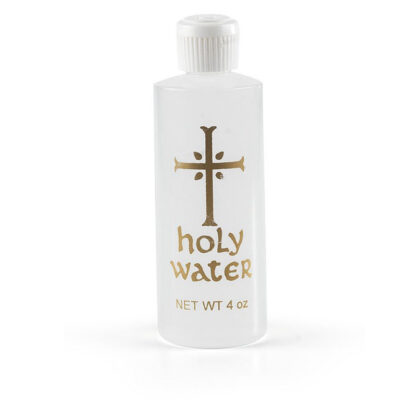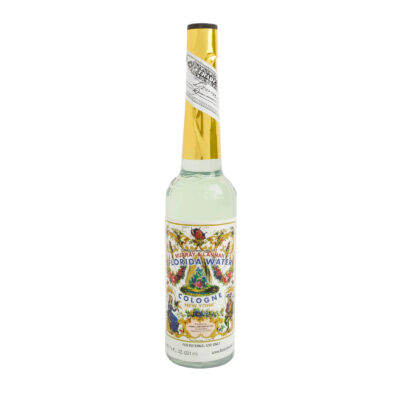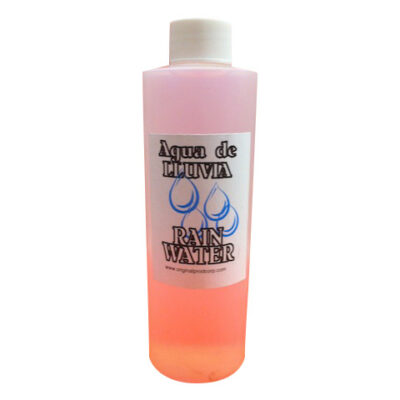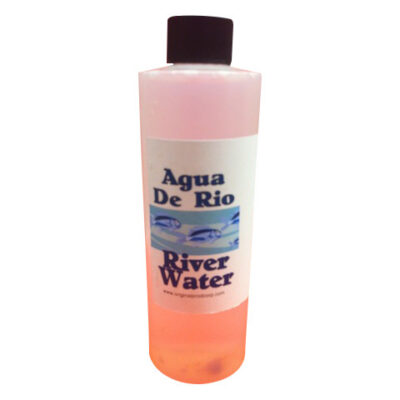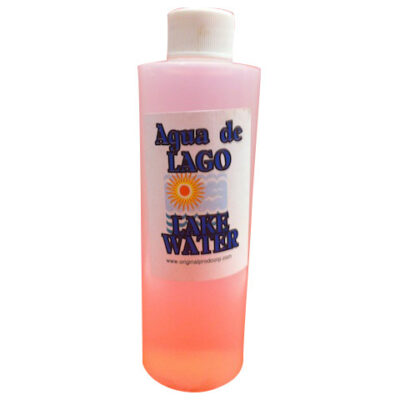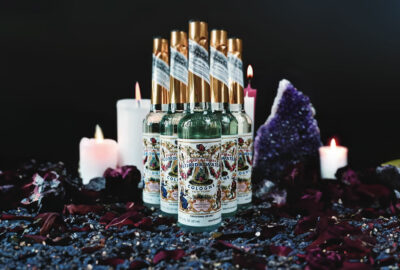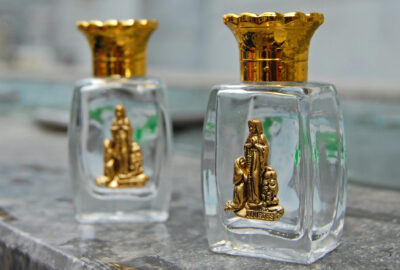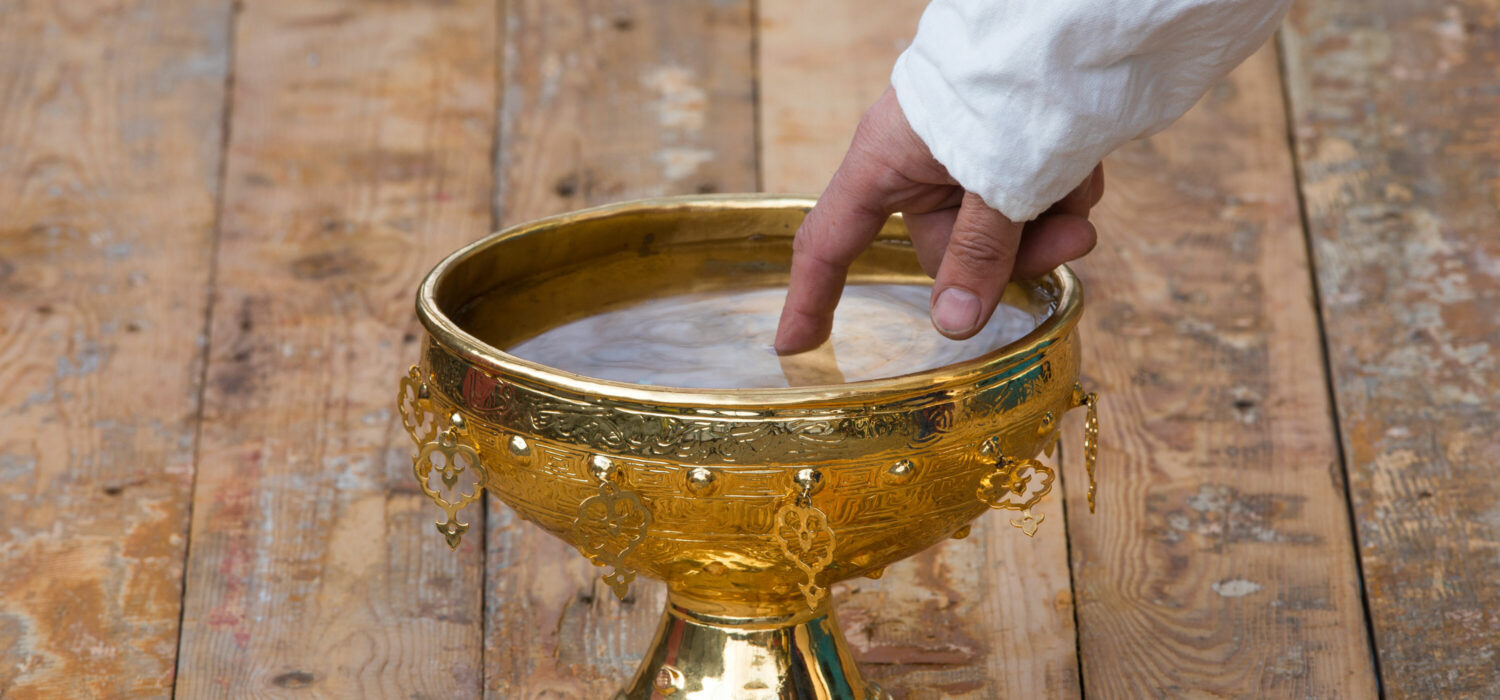
Benefits and Uses of Holy Water for Spiritual Purification
Holy water is a universal healing element. It has been used throughout the ages for purifying, sanctifying, and connecting oneself to the divine. A huge diversity of religions, including Christianity, Judaism, Buddhism, Hinduism, and Wicca, all use the blessing and magic of this water. No matter who you are or where you come from, you can benefit from the enrichment that holy water offers.
How Does Holy Water Work?
All water has memory. The molecules in water change when they are exposed to emotions and charged with intention. Love, kindness, and healing intention have a huge impact on the charge of water, as do emotions of hate, jealousy, and fear. Love and healing are the language of nature and the divine. Positive energy is what makes holy water so powerful and effective.
Traditionally, holy water is water that has been blessed by a priest, a witch, or some other religious figure who knows the correct methods of benediction. By reciting scripted prayers, charms, chants, verses from the Bible, or some other spiritual text, water is charged through sanctified intention.
Nowadays, we know that water can be sanctified by anyone with good intentions. Focusing good feelings and emotions toward it is an easy way to sanctify your own holy water. Simply tape a positive word, like “love,” to a sealed glass of water and visit the love water frequently. Reiki and other forms of energy healing can also charge water.
Holy water can also be found in nature in the form of spring water, river water, seawater, rainwater, or morning dew. Each form that water takes has a special purpose, for it has been shaped by natural forces.
The Different Types of Holy Water
Since water is so flexible and can be charged with any intention, it can be used in ceremonies and rituals for a wide variety of purposes. It is best to hone in on your intention and find the water that suits your purpose.
Sanctified Water by a Religious Authority
Sanctified water, often referred to as classic holy water, is integral to many religious practices. Blessed by religious authorities, it serves multiple spiritual purposes. It is commonly used for blessings, imparting divine grace and protection to individuals, objects, or spaces. In purification rituals, this holy water is believed to cleanse negative energies or influences. Its healing properties are sought in both physical ailments and spiritual wounds, symbolizing a profound connection between the body and the spirit.
In ceremonies symbolizing renewal and rebirth, such as baptisms, represents the washing away of the old and the emergence of new life. Additionally, it is often used as a shield against evil, deterring negative spirits and energies. This type of holy water also plays a crucial role in enhancing the connection with the divine, facilitating deeper spiritual experiences during religious rituals.
Spring Water
Spring water, revered for its purity and natural essence, is another form of holy water with distinct uses. It is often utilized in rituals that require the cleanest and most natural form of water, symbolizing purity and clarity. This water is believed to be nourishing, both physically and spiritually, rich in minerals, and imbued with natural energy. In healing rituals, spring water is a common element, used in baths or ingested for its perceived health benefits and spiritual properties. Its purity and life-giving qualities make it a powerful element in various spiritual practices.

A young woman bathing in the waters of the Sebatu Holy Spring in Bali, Indonesia.
Rainwater
Rainwater holds a special place in spiritual practices, primarily associated with abundance and fertility. It symbolizes the generosity of nature, and its use in rituals is often aimed at attracting prosperity and growth. The connection between rainwater and fertility extends beyond agriculture, encompassing human fertility and the nurturing aspects of life. Its role in rituals is deeply rooted in the symbolism of life-giving rain nourishing the earth.
Seawater
Seawater, with its powerful and tumultuous nature, is particularly valued in more intense spiritual practices. It is frequently used in exorcism rituals, where its strength is believed to help cast out negative energies or spirits. The salt and minerals in seawater are thought to have properties that absorb and cleanse emotional blockages. This makes it especially effective in rituals aimed at releasing deep-seated emotions like grief or sadness, providing a sense of emotional purification and release.
Morning Dew
Morning Dew is celebrated for its association with beauty and health. Capturing the essence of freshness and purity, it is often used in rituals and preparations intended to enhance physical attractiveness and inner beauty. Believed to contain the essence of life and renewal, morning dew is also utilized in practices aimed at promoting physical well-being and vitality. Its delicate nature symbolizes a gentle yet powerful life force, making it a cherished element in various spiritual and health-oriented rituals.
How To Use Holy Water
You can use holy water in various ways for spiritual practices. Gently sprinkle it over yourself, focusing on areas like the top of your head, to imbue yourself with its sanctified essence. It can also be used to consecrate a space, creating a purified and sacred environment. For a more immersive experience, consider submerging yourself in a larger body of sanctified water, allowing the holy essence to envelop your entire being.
Holy Water For Cleansing and Purification
Holy water can serve a purpose similar to that of a "liquid smudge stick." By soaking a bundle of white sage in holy water and then lightly scattering the water around a room, you can bless, purify, and protect the space, combining the sacred properties of both sage and holy water.
This practice isn't limited to physical spaces. Holy water can also be used for personal purification. Sprinkling sage-infused holy water on oneself can be a powerful ritual for spiritual cleansing, especially after exposure to negative or draining environments, or as part of a personal meditation or prayer practice.
The use of holy water for cleansing and purification is a testament to its versatility and power as a spiritual tool. Whether used alone or in combination with other sacred substances like herbs and oils, it offers a means to maintain a sanctified and harmonious environment, both physically and spiritually.
Anointing with Holy Water
Anointing is a powerful way to use holy water in various spiritual traditions. This act involves applying holy water to the forehead or other body parts, often in the shape of a significant symbol, like a cross. This ritual serves as a blessing, a protective measure, and a physical reminder of one's faith and commitment. Anointing can be performed during personal prayer times, as part of a larger religious ceremony, or in moments of seeking divine guidance and protection.
Holy Water in Prayer and Meditation
Integrating holy water into prayer and meditation practices can significantly enhance the spiritual experience. Before beginning, sprinkle a few drops of holy water on your prayer mat, rosary, or around your meditation space. This act sanctifies the area, creating a conducive environment for deeper spiritual connection and focus. It symbolizes the purification of the mind and soul, preparing the individual for a profound communion with the divine.
Holy Water in Life Transitions
Holy water can play a vital role in rituals marking significant life events such as births, marriages, or entering a new home. During these transitions, sprinkling holy water not only blesses and protects the individuals involved but also signifies the cleansing of past energies and the welcoming of new beginnings. This ritual is a beautiful way to acknowledge and celebrate life's important milestones, seeking divine blessings for the journey ahead.
Remembering the Deceased with Holy Water
Using holy water to honor and remember the deceased is a practice steeped in reverence and respect. Sprinkling holy water on graves or memorials while offering prayers is common in many cultures. This ritual is a way of connecting with the departed, offering blessings, and expressing hope for their peace and spiritual journey beyond this life. It also serves as a moment of reflection and remembrance for the living, acknowledging the lasting impact of those who have passed.
Enhancing Dreams and Intuition with Holy Water
For those seeking to enhance their dreams or intuitive abilities, holy water can be a valuable tool. Sprinkling holy water around the bed or on pillows before sleeping is believed to encourage divinely inspired dreams and heightened intuitive awareness. This practice is often used by individuals seeking spiritual guidance, and clarity on a particular issue, or as a means of connecting more deeply with their subconscious mind.
Holy Water in Divination Practices
In certain spiritual circles, holy water is used as a tool for divination. This can involve observing the patterns formed by sprinkling holy water on a surface or incorporating it with other divination tools like crystals or tarot cards. The use of holy water in these practices is believed to enhance the connection to the spiritual realm, providing clearer insights and guidance. It's a practice that blends the sacred properties of holy water with the intuitive arts, offering a unique pathway to understanding and foresight.
Enhancing Holy Water With Other Magical Components
There are other ways of incorporating magical items with holy water. Herbs and flowers, like rose petals, can soak in holy water to instill the flower’s essence. Certain stones and metals, like clear crystal quartz or silver, can be placed in or next to holy water so it can absorb the element’s special resonance. Holy water can also be placed in the moonlight, sunlight, or starlight to absorb cosmic energies.
Only drink holy water that is guaranteed to be absolutely clear, safe, and fresh. Fresh holy water has extraordinary healing power. It can replenish your body’s cells at the molecular level, stimulating healing at the deepest possible source.
Storing and Disposing of Holy Water
Holy water that is stored in an airtight, non-metallic container, bottle, or vial can last up to a month, especially if it is recharged daily with focused intention. After that, holy water acts a lot like regular water in that it prefers the fresh, natural flow of renewal. Part of working with holy water is being in tune with the fluid, recycling its nature it, and knowing when it is time to replenish it with a fresh source.
Never pour holy water down the drain. With respect, holy water should be disposed of back into the earth outside. Many Roman Catholic churches use special sink basins that lead directly into the ground.
As mentioned already, the natural language and tendencies of water are of love and healing. Water reacts dramatically to negative emotions, and it will soon go “bad.” That is, it will soon start to mold, discolor, and stink if not recycled back into the earth.
Holy water is sacred, delicate, and potent, and it is made up of the same element that our bodies are mostly composed of. It has the profound power to alter our chemistry by revitalizing and refreshing the spiritual energies that make up our conscious being. Rejoice in water, for it is sacred!
